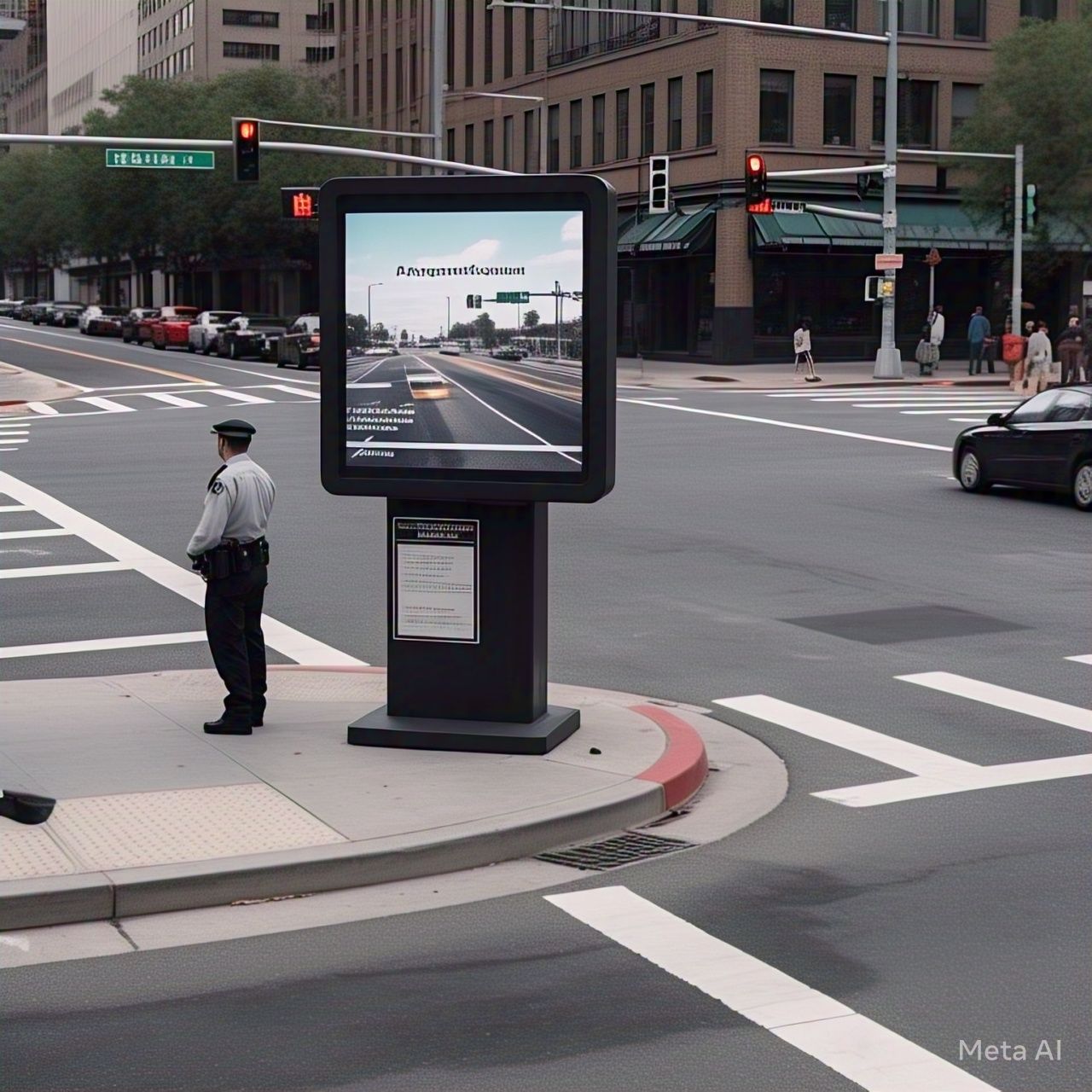Introduction
Deep learning, a subset of artificial intelligence (AI), has been making remarkable strides in recent years. With advancements in neural networks, computing power, and data availability, deep learning is transforming industries, from healthcare and finance to autonomous systems and natural language processing (NLP). This article explores the latest advancements in deep learning and their potential impact on the future of AI.
Breakthroughs in Deep Learning
1. Transformer Models and NLP Evolution
One of the most significant advancements in deep learning is the development of transformer-based models like GPT (Generative Pre-trained Transformer) and BERT (Bidirectional Encoder Representations from Transformers). These models have:
- Revolutionized language understanding and generation.
- Enabled real-time, human-like interactions through AI-driven chatbots.
- Enhanced machine translation, content summarization, and sentiment analysis.
2. Self-Supervised Learning (SSL)
Traditional deep learning models require large labeled datasets for training. Self-supervised learning (SSL) mitigates this challenge by:
- Leveraging unlabelled data for training, reducing dependency on human-annotated datasets.
- Improving model performance in tasks such as speech recognition, image classification, and autonomous driving.
- Enabling AI systems to learn representations from raw data without extensive supervision.
3. Generative AI and Creative Applications
Deep learning is making strides in creativity with generative AI models like DALL·E and Stable Diffusion. These advancements allow AI to:
- Generate realistic images, videos, and music based on textual input.
- Assist designers and artists in creating new content.
- Personalize digital experiences in gaming, marketing, and media production.
4. Advancements in Computer Vision
Deep learning has revolutionized computer vision through:
- Enhanced object detection and image recognition in security, healthcare, and retail.
- Real-time facial recognition applications for authentication and surveillance.
- AI-driven medical imaging for diagnosing diseases with high accuracy.
5. AI in Autonomous Systems
Self-driving cars, drones, and robotic automation have significantly benefited from deep learning. Key developments include:
- Improved sensor fusion for accurate perception of surroundings.
- Reinforcement learning for adaptive decision-making in real-world environments.
- Real-time navigation and obstacle avoidance in complex scenarios.
The Future of Deep Learning and AI
1. Neural Network Efficiency and Sustainability
As deep learning models grow in complexity, researchers are exploring ways to make AI more efficient by:
- Developing energy-efficient AI models that require less computational power.
- Implementing model compression techniques such as pruning and quantization.
- Utilizing edge AI to process data closer to the source, reducing latency and energy consumption.
2. Ethical AI and Bias Mitigation
AI systems must be designed responsibly to ensure fairness and transparency. Future advancements in ethical AI include:
- Bias detection and mitigation techniques to improve fairness in AI decision-making.
- Regulatory frameworks and guidelines for responsible AI deployment.
- Greater transparency in AI algorithms to enhance user trust.
3. AI-Augmented Human Intelligence
Rather than replacing humans, AI is evolving to augment human capabilities by:
- Enhancing decision-making in fields such as medicine, law, and finance.
- Assisting professionals in complex problem-solving with AI-powered insights.
- Fostering collaboration between humans and AI for innovation-driven industries.
Conclusion
The rapid advancements in deep learning are shaping the future of AI, making it more powerful, efficient, and widely applicable. From transformer models and self-supervised learning to generative AI and autonomous systems, deep learning is pushing the boundaries of what AI can achieve. However, ethical considerations, sustainability, and human-AI collaboration will play a crucial role in ensuring AI’s responsible and beneficial integration into society. As research and development continue to accelerate, the next decade promises groundbreaking innovations that will redefine the AI landscape.





